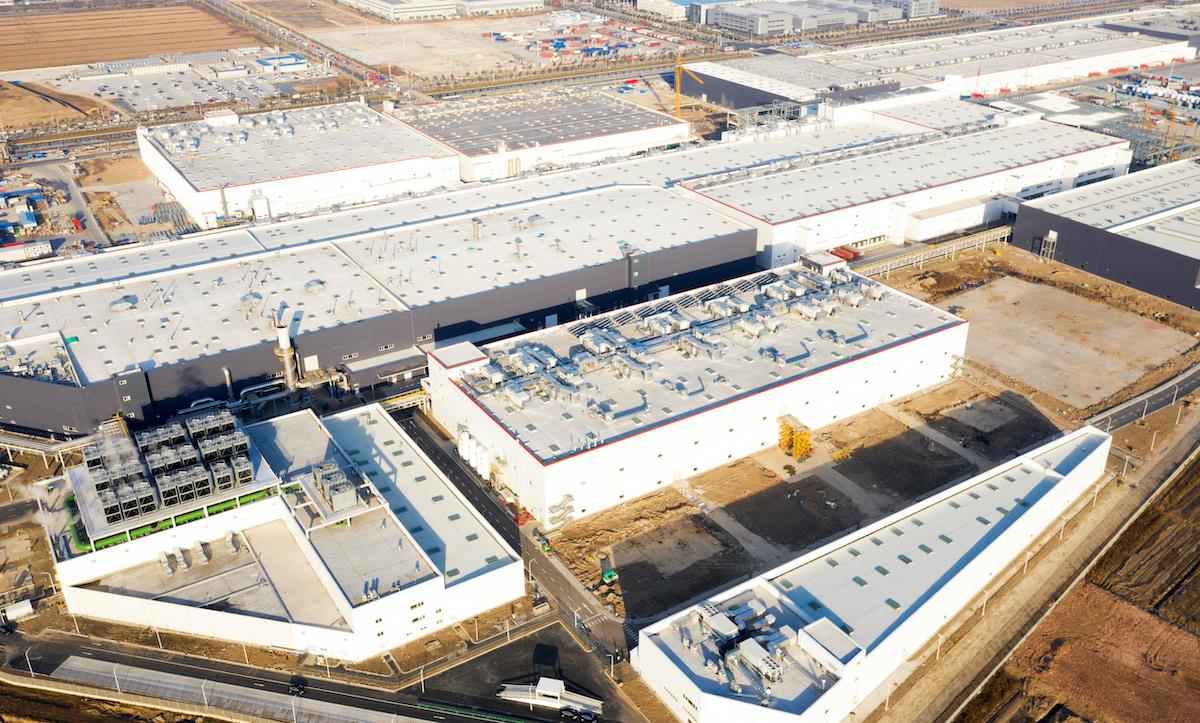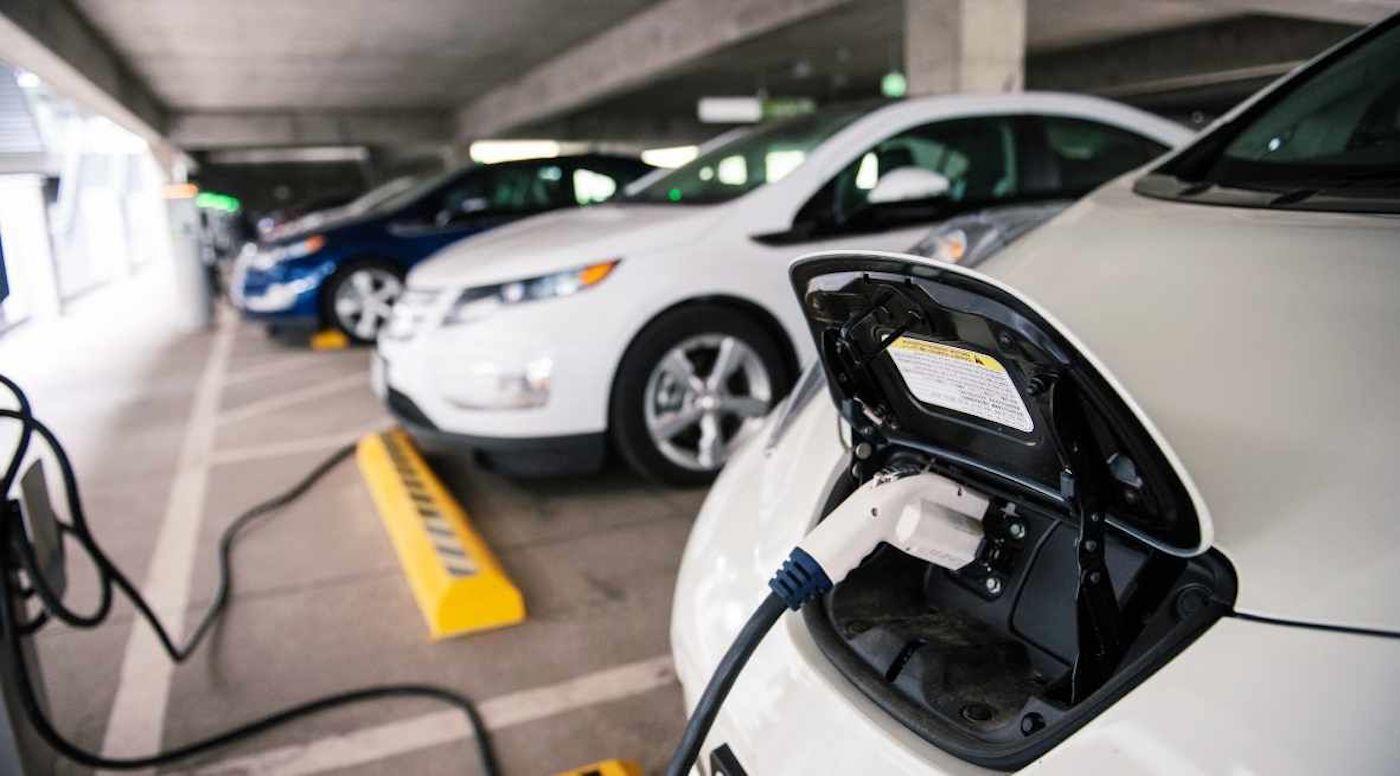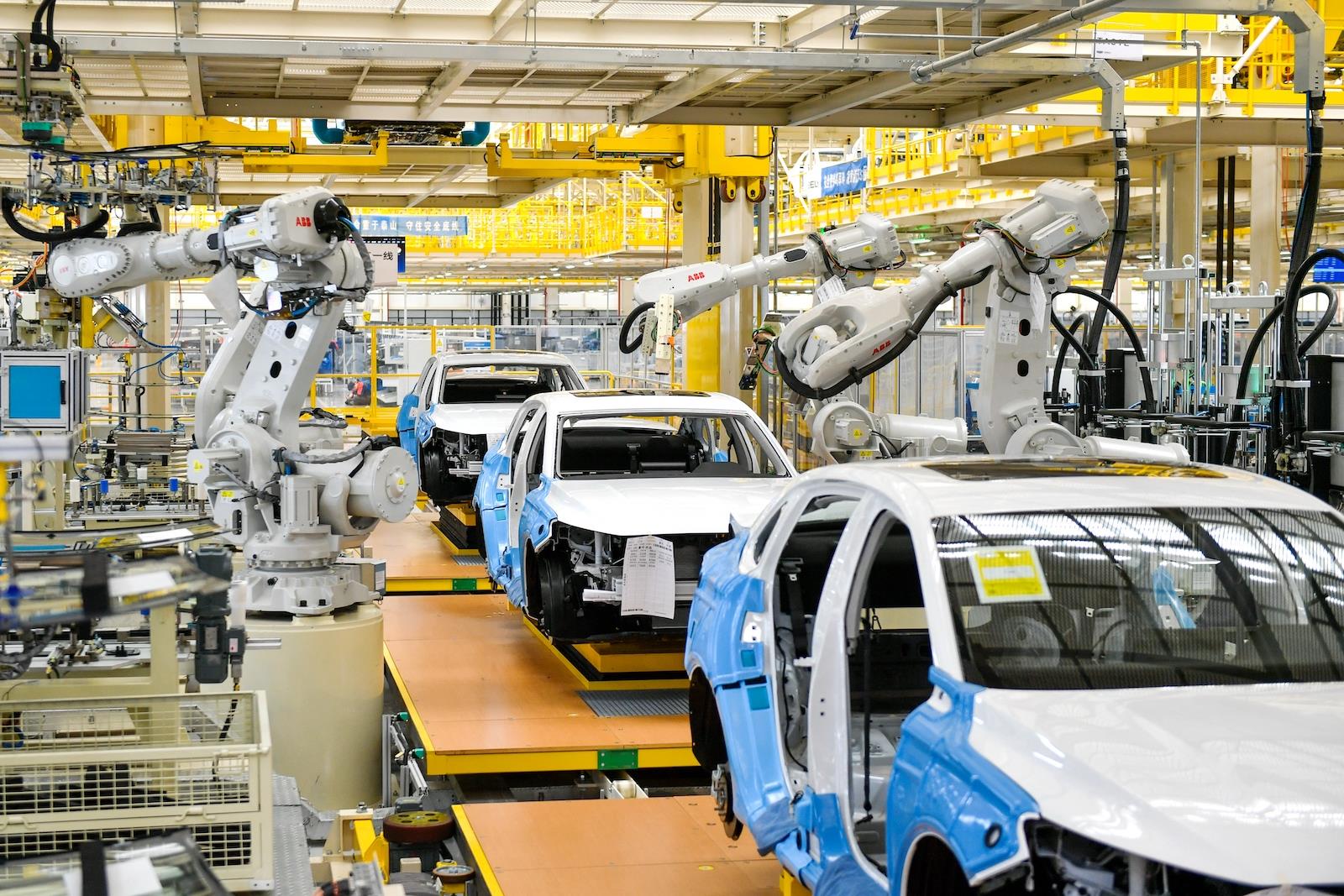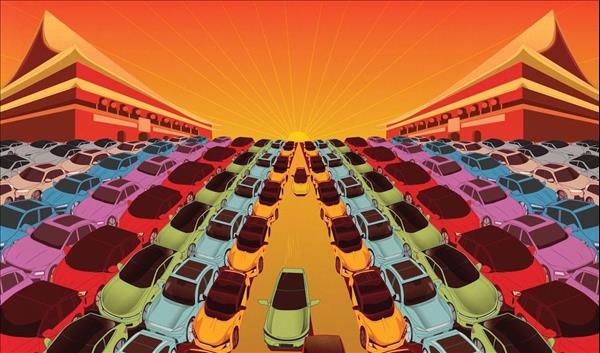(MENAFN- Asia Times) TOKYO – The Group of Seven (G7) spent the weekend calling for a pivot away from China's sprawling supply chains and Beijing's rising economic power.
Yet new data on pivots in the automotive world, released as G7 leaders were signing their communique, reminded investors why it's too late for that.
China zoomed past Japan in the first three months of 2023 to become the world's top auto exporter. Driving the milestone: a 58% year-on-year surge in China's automobile exports in the January-March period to 1.07 million units.
Adding insult to injury, the China Association of Automobile Manufacturers noted that the increase is partly due to deliveries to Russia. It's a stark reminder that global sanctions on Moscow over the Ukraine war are proving to be more Swiss cheese than the united front US President joe biden envisioned.
Tokyo got its own stark warning, too. The other big reason China is exporting more vehicles than Japan Inc is booming demand for electric vehicles (EVs). This is a market, of course, at which Toyota Motor and other Japanese giants looked askance – to their growing detriment.
China didn't, which explains why Elon Musk built his first outside-the-US Tesla“Gigafactory” in Shanghai, not Yokohama.
Tesla's China operation is, for now, the top exporter of new energy autos. As of September 2022, Tesla had reached 90,000 domestic orders, according to local media reports.
“These are big market shifts happening at a quick pace,” says Jorge Guajardo, a partner at Dentons Global Advisors.

An aerial photo shows hundreds of Tesla Model Y and Model 3 inside its Gigafactory in Shanghai on January 2, 2020. Photo: Supplied
Economist Jack Gao at the Institute for New Economic Thinking adds:“You know this would happen one day. You know it's EVs they were hoping to leapfrog the competition with, you know the domestic market size would play a key role here. Still, this happened fast.”
Shanghai scoring the Tesla factory was a major coup for then-local Communist Party boss, now national premier Li Qiang. China surpassing Japan in auto exports is arguably the most significant changing of the guard since 2011, when China pulled ahead of its regional rival in gross domestic product (GDP) terms.
It also highlights the kind of transformation Chinese leader Xi Jinping's No 2 is pledging to unleash in Asia's biggest economy. In March, Li reassured global investors that the regulatory crackdown since late 2020 had run its course.
In recent years, Li said,“there were some incorrect discussions and comments in the society, which made some private entrepreneurs feel worried. From a new starting point, we will create a market-oriented, legalized and internationalized business environment, treat enterprises of all types of ownership equally, protect the property rights of enterprises and the rights and interests of entrepreneurs.”
The new government, Li said, will“promote fair competition among various business entities, and support the development and growth of private enterprises.”
What's more, China's automobile success is apparently picking up increased momentum. Domestic auto groups generally expect Chinese exports to increase 30% year on year in 2023.
This milestone can't make Japan or the broader G7 very happy. It's been 14 years, in 2009, since China became the largest market for new vehicles.
Since then, Beijing has generally speaking been more proactive than the US or japan in jumpstarting the EV market through tax or other incentives. China also saw building charging stations around the nation as a means of creating jobs and growth in regional economies. That's now paying off.
In the first quarter alone, sales of EVs and other new energy vehicles jumped 93% year on year to 380,000 units. Such autos account for about 40% of China's total exports. At present, the leading destinations for Chinese-manufactured new energy autos are Belgium, Australia and Thailand.
For Japan, the Thailand piece of the puzzle is particularly ominous. Though often called the“Detroit of Asia,” Thailand has long been dominated by Japan Inc icons. If Thai chieftains decide EVs are the more lucrative bet, Japan might have to relocate factories.
All this should be a wake-up call for Detroit, too, as Republicans attempt to reverse Biden's policies to promote EVs and greener growth in general. As the global market pivots toward evs , General Motors' gas-guzzling trucks might meet no more demand overseas than Toyota's hybrid vehicles.

Thailand has doubled down on electric vehicle production to stay competitive. Photo: Facebook
One question raised by all this: how could America, which invented the mass production of autos, have been this asleep at the wheel? Likewise, how could Japan, which created a better production mouse trap, have lost the plot this egregiously?
It's worth noting that the China threat that the G7 is so sure it can contain is only just beginning in the auto space, many analysts say. China is still working to roll out its own mass-produced EV line priced US$10,000 lower than major Western brands.
This test for China Inc remains, of course. To be sure, mainland success stories Chery Automobile and Great Wall Motor are expanding sales in Russia at a rapid clip. It's unclear, though, if such companies that are funded by entities linked to Chinese municipal governments have the capacity to thrive globally.
Yet the G7 is making it easier for China Inc to spread its wings. After Vladimir Putin's soldiers invaded ukraine in February 2022, Toyota, Volkswagen AG and others shuttered Russian production facilities. Mainland automakers promptly stepped into the void.
To strategist Yan Wang at Alpine Macro, new auto data solves a recent mystery.“Why,” he wondered, is China's“trade surplus going through the roof? This is one of the reasons: Vehicle exports are exploding, while imports tumbled.”
It's a big deal. To strategist James Thorne at Wellington-Altus Private Wealth, it's a sign that“the globalization theme is not dead.” And that“China is evolving as it should – to high value-added manufacturing and consumption,” Thorne adds.
Risks abound, of course, as the G7 targets supply chains vital to China making high-quality autos – a likely sign of more tit-for-tat moves between the G7 and China.
In Hiroshima last weekend, g7 leaders stressed their plan is to“de-risk,” not decouple from China, while acknowledging challenges posed by the mainland's practices which they said“distort the global economy.”
In its joint statement, the G7 stressed:“We are not decoupling or turning inwards. At the same time, we recognize that economic resilience requires de-risking and diversifying.”
G7 leaders added,“We will seek to address the challenges posed by China's non-market policies and practices, which distort the global economy. We will counter malign practices, such as illegitimate technology transfer or data disclosure.”
Yet the odds of additional curbs from Washington or Brussels remain high. Goldman Sachs economist Hui Shan is doubtful that the US Committee on Foreign Investment in the United States, or cfius , is done clamping down on China. There may be“more focus on refining the existing tariff, export control and investment regimes once basic frameworks are in place,” Hui says.
“We expect them to be fairly narrowly focused on advanced semiconductors and related technologies, paralleling last autumn's export controls, and do not anticipate significant restrictions on secondary market portfolio investments,” Hui adds.

Fully automated robots running at high speed at Geely Automobile's Changxing base in the Changxing Economic and Technological Development Zone in Huzhou City, East China's Zhejiang Province, August 4, 2021. Photo: AFP / Tan Yunfeng / Imaginechina
On Sunday, the Cyberspace Administration of China said products made by US memory chipmaker Micron Technology had failed security reviews and barred key infrastructure operators from buying from the company.
“US-China tensions and technological decoupling may continue to trigger bouts of volatility in 2023,” says strategist Norman Villamin at Union Bancaire Privée.“Supply chain relocations out of China could also drag on activity via weaker foreign direct investment.”
Despite all the noise, China's auto industry is shifting into a higher gear faster than many expected. The G7 can try to slow things down, but Beijing is reminding Japan and its Western allies that China Inc isn't sitting still – and indeed is racing ahead.
Follow William Pesek on Twitter at @williampesek
Like this:Like Loading...


























Comments
No comment